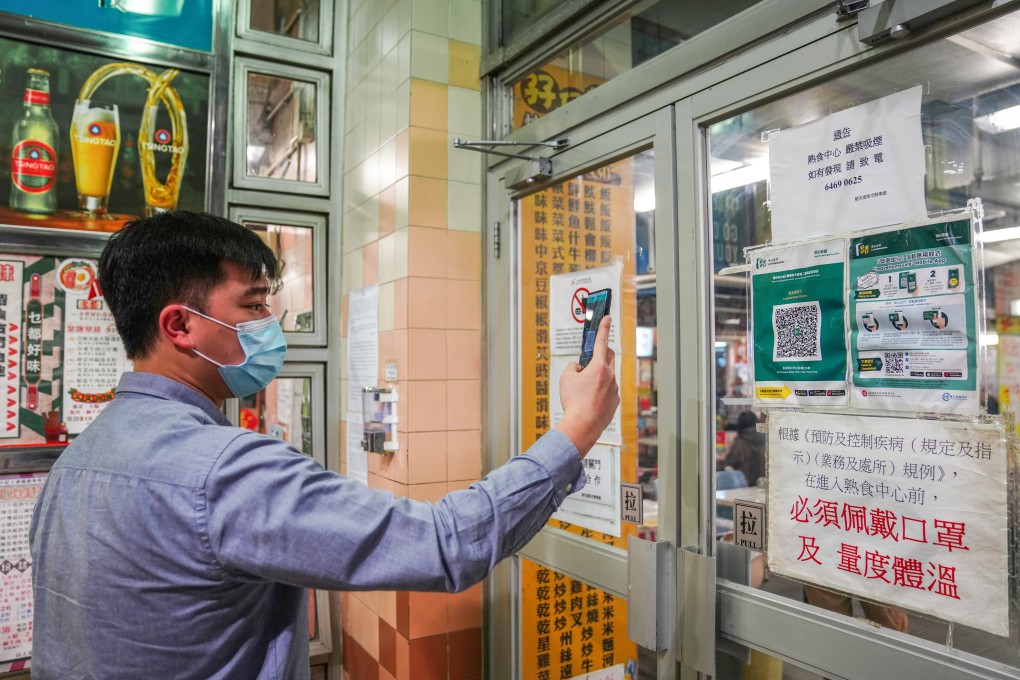Advertisement
Letters | Coronavirus contact tracing: Singapore and Signal show Hong Kong how to ease privacy concerns
- The Singapore government set clear boundaries over the use of TraceTogether data, and the app itself does not collect GPS or mobile network information
- Signal also offers a lesson in openness, which Hong Kong should take to heart
Reading Time:2 minutes
Why you can trust SCMP
1

The Hong Kong government has put its lifeblood into containing the Covid-19 pandemic. However, not all the implemented measures have been effective, like the “Leave Home Safe” app, for instance.
Advertisement
Since the app’s release last year, merely 11 per cent of the total population downloaded the contact-tracing app, despite an uptick in recent days after it became a passport to enter certain establishments such as restaurants, gyms and government buildings.
As the low engagement rate is attributed to privacy concerns, perhaps the Hong Kong government could gain insights for addressing the pain point from two successful cases: the TraceTogether programme launched by the Singapore government and the encrypted messaging app, Signal.
Although both the TraceTogether and Leave Home Safe apps allow the police to access users’ data (“Can law enforcers access data on Hong Kong Covid-19 contact-tracing app?”, February 17), the former has done significantly better in setting boundaries for data collection to preserve privacy.
While the Hong Kong app documents details of people’s whereabouts via QR code scanning, Singapore’s tracing app only records Bluetooth data of devices in proximity to the user. It also promises that no data about Wi-fi, mobile network, and GPS location will be collected.
Advertisement
For Singaporeans who are still reluctant to have the app on their phones, the government provides a physical token of similar functions to the app as an alternative. As a result, the TraceTogether programme has a high engagement rate of 78 per cent nationwide.

Advertisement